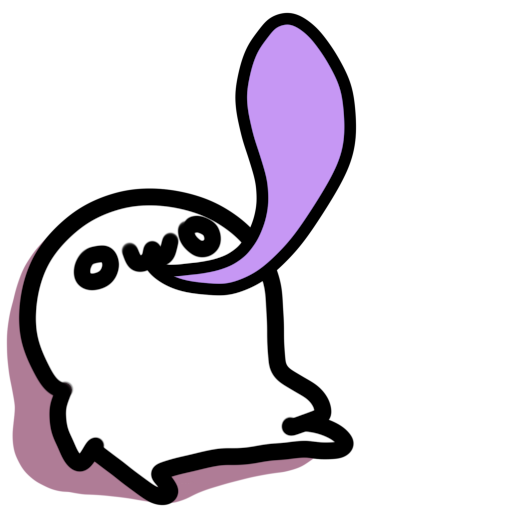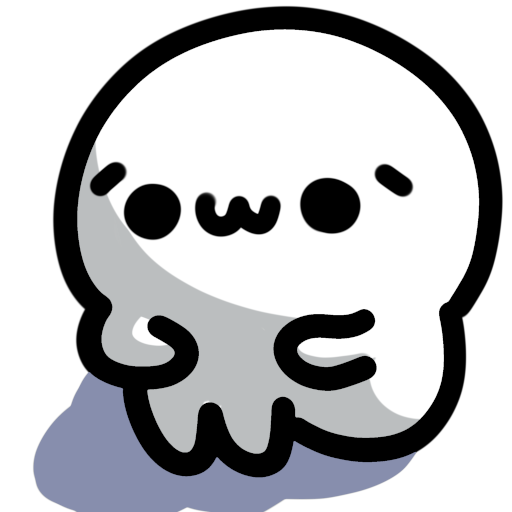掲示板 Forums - Struggles??
Top > 日本語を勉強しましょう / Let's study Japanese! > Anything About Japanese Getting the posts
Top > 日本語を勉強しましょう / Let's study Japanese! > Anything About Japanese
What's the biggest struggle you have encountered while learning Japanese?
ツシンソノ these little things think they are really funny but my brain is just like no. 
Yeah it’s sometimes hard to distinguish them from each other but after you get used to it, I think the hardest part would be just grasping the basics in grammar and particle uses
Personally conjugations are the hardest  there are so many conjugations that if there's no kanji it's hard to guess what the original word is bc it could be multiple words and if you don't know the vocabulary it's hard to know
there are so many conjugations that if there's no kanji it's hard to guess what the original word is bc it could be multiple words and if you don't know the vocabulary it's hard to know
Grammar 😭😭😭 I see a construction like やらないわけにはいかない and my brain just short-circuits and shuts down. Hopefully, it will change with lots of practice
I personally, don't find the grammar very hard and I like learning it Usually I can understand the points quickly but sometimes there are points like でしょう where I need to spend more time to understand it. I'm rather struggling a lot with speaking
Usually I can understand the points quickly but sometimes there are points like でしょう where I need to spend more time to understand it. I'm rather struggling a lot with speaking and sometimes I have trouble with understanding sentences because the japanese structure is so different!
and sometimes I have trouble with understanding sentences because the japanese structure is so different!

I thought this was a word and couldn't figure out what in the world "tsushinsono" meant... Oops. 
I'm still very new and right now I'm having a hard time understanding when to use a question word as the subject of the sentence, vs using it at the end before desu.
if anyone has tips please let me know!
I'm still very new and right now I'm having a hard time understanding when to use a question word as the subject of the sentence, vs using it at the end before desu.
Could you give me an example of what you are referring to?
Kanji reading, especially when they look similar (and have the same reading) but mean the the same thing but it’s *slightly* different. 会 and 合 make my brain go crazy sometimes. 
Oh and keigo. Keigo is my worst enemy at the moment and I can never get it into my head. I hope I don’t have to speak it anytime soon 🫠
I'm still very new and right now I'm having a hard time understanding when to use a question word as the subject of the sentence, vs using it at the end before desu.
Could you give me an example of what you are referring to?
When going through the first Japanese basics schedules, at first all the questions seem to follow a pattern like :
Sensei wa dare desu ka?
The teacher is who?
But later in that schedule things swap to :
Nani ga suki desu ka?
What do you like?
In my brain I'm just struggling to understand why it would be wrong to ask the same question following the first pattern like :
Something you like is what?
Let’s make the two sentences more parallel to facilitate comparison.
Also

Oh yes/no no no! Like this nugget:
何も知らないってことないんじゃないですか?
Question: How many negatives should we use?
Answer: Yes.
If it helps, すき is an adjective, and "something you like" is a noun, so if you found a noun word to convey that you could put it in that order. Like in the last sentence ポールおじさん wrote, ご飯 is a noun so it's first and then 何.
When going through the first Japanese basics schedules, at first all the questions seem to follow a pattern like :
Sensei wa dare desu ka?
The teacher is who?
But later in that schedule things swap to :
Nani ga suki desu ka?
What do you like?
In my brain I'm just struggling to understand why it would be wrong to ask the same question following the first pattern like :
Something you like is what?
Let's go through these in order real quick:
Sensei wa dare desu ka? - This pattern is used when the subject (sensei) is known/established, and we're asking for identification
Its like saying "As for the teacher, who is it?"
You can also flip the dare with Sensei to make - dare wa sensei desu ka? - Who is a teacher or who is the teacher?
好き in Japanese is a noun that is close to likeable or fondness in meaning. You can flip it, and I will show you how, however, this is a bit more advanced and I will only provide it for answering your question and to let you know that you are in fact not wrong, you can do it. Do not worry if you aren't able to comprehend it fully yet, you will eventually once you become more advanced.
In order to flip the suki to the beginning we have to make it the subject of the sentence. Now you might think we can just say:
suki ha dare desu ka? to mean -> As for liking who is it?
but that would not work (explanation following). If you leave it like this it would be interpreted as a name of someone or a job title. The reason is that you treat suki as a proper noun in the above example without its adjectival qualities. You can make nouns with adjectival properties adjectives by adding na to them. They now have the same qualities as an i-adjective and can be placed in front of whatever you want to modify. This leads us into another problem

If we make it an adjective we cannot have it as a subject, that is inherently impossible, as only nouns can act as subjects. So what do we do then? Well, we make it an adjective and then make it a noun again

And this is how you do that:
suki na no wa dare desu ka? - As for likeable someone, who is it?
suki - liking, fondness
na - extracts adjectival properties of a noun and applies it to another noun. -> likeable, fond
no - this no acts as a placeholder for any noun. You can also think of it acting as a blank noun.
the rest stays the same
So:
As you can see, you are not wrong. However, don't stress yourself over having to understand this. There is a reason why the other version is taught over this one as it is more commonly used.
Let me know if you have follow-up questions or need more examples.